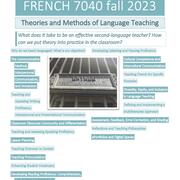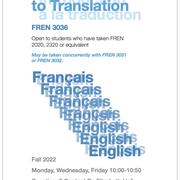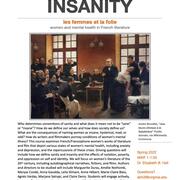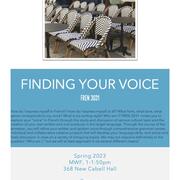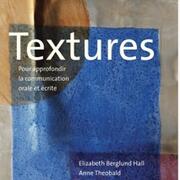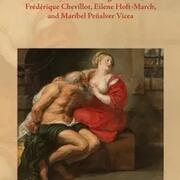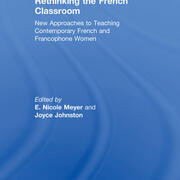Associate Professor of French, General Faculty
A native of Virginia and alumna of Collegiate School in Richmond, Dr. Hall graduated magna cum laude from Amherst College with majors in French and English. She spent a semester her junior year in Grenoble, France. After graduating, she was awarded an exchange fellowship at the École Normale Supérieure and spent a year in Paris. She then returned to the US to do her graduate work at the University of Wisconsin-Madison where she earned an MA and PhD with distinction. Her thesis focused on feminist theory and the works of Hélène Cixous. She taught at the University of West Georgia and Ithaca College before returning to her home state to join the faculty at the University of Virginia in 2015. She has published articles on Hélène Cixous, various French and francophone women writers, and teaching methodology, and she is the co-author of a fifth-semester textbook, Textures: pour approfondir la communication orale et écrite (Yale UP 2018). She currently serves at course chair of French 2010 and regularly teaches introduction to translation and courses focusing on women's literature.
Courses
Spring 2024
- FREN 2010 Intermediate French I
- FREN 3034 Advanced Oral Expression in French
Previous courses
- FREN 1010 Beginning French I
- FREN 2010 Intermediate French I
- FREN 3031 Finding Your Voice in French
- FREN 3032 Text, Image, Culture
- FREN 3036 Introduction to Translation
- FREN 3585 Francophone Literature: Africa and the Diaspora
- FREN 3585 Women's Work in French and Francophone Lit and Culture
- FREN 3585 Insanity: Women and Mental Health in French Lit
- FREN 4585 Social and Cultural Movements in 20th/21st Century French and Francophone Lit
- FREN 7040 Theories and Methods of Language Teaching
Education
BA, Amherst College, 1995
MA, UW-Madison, 1998
PhD, UW-Madison, 2003
